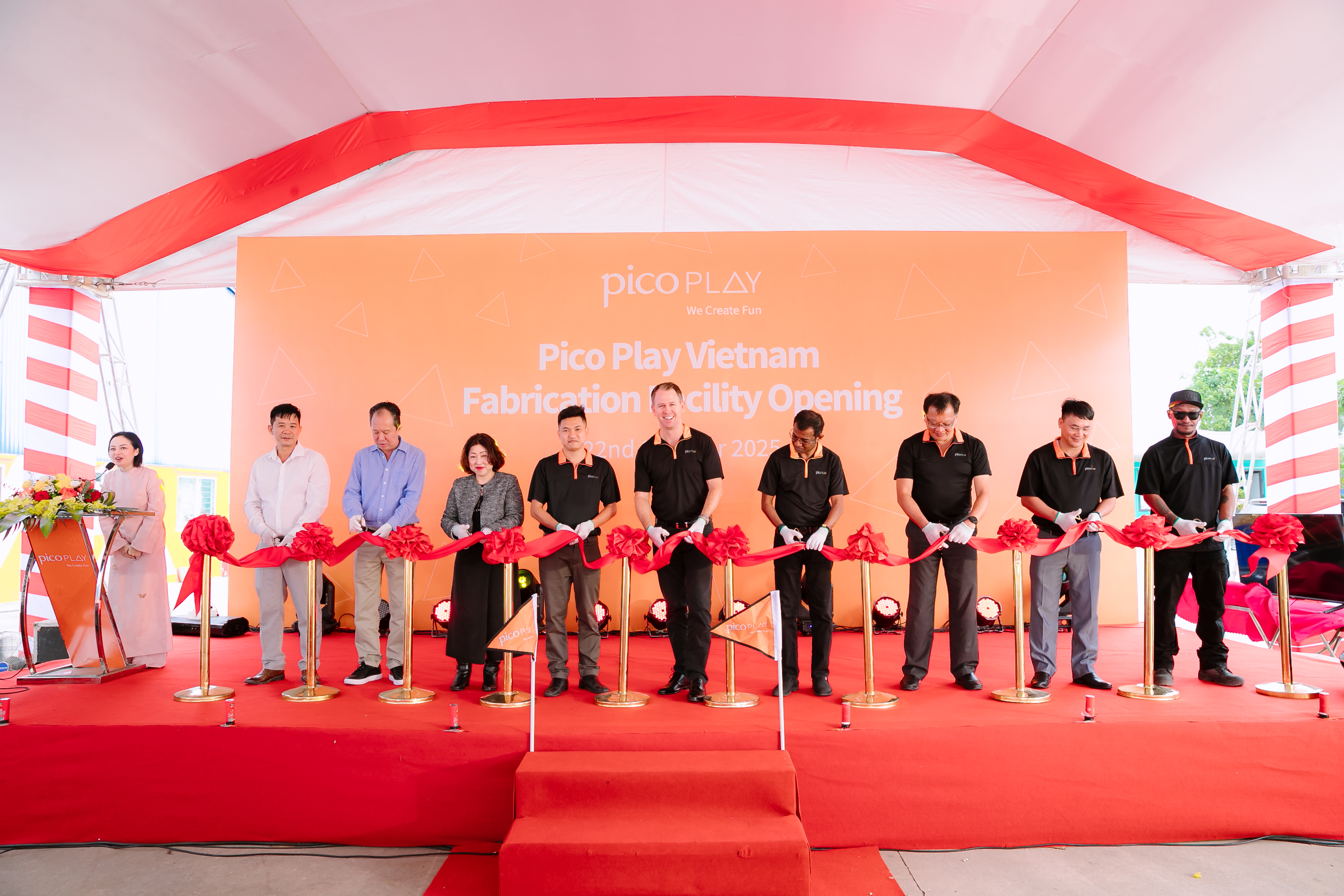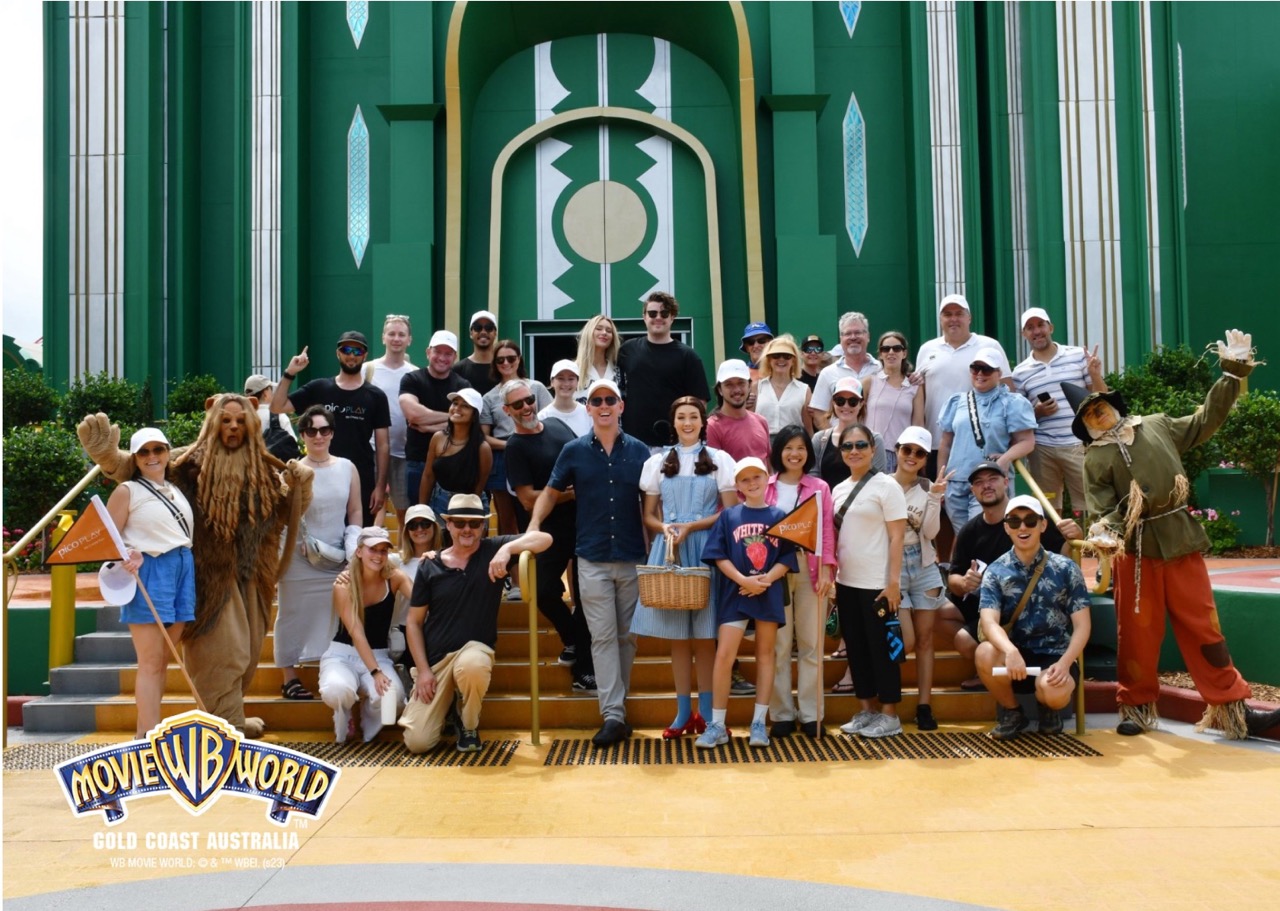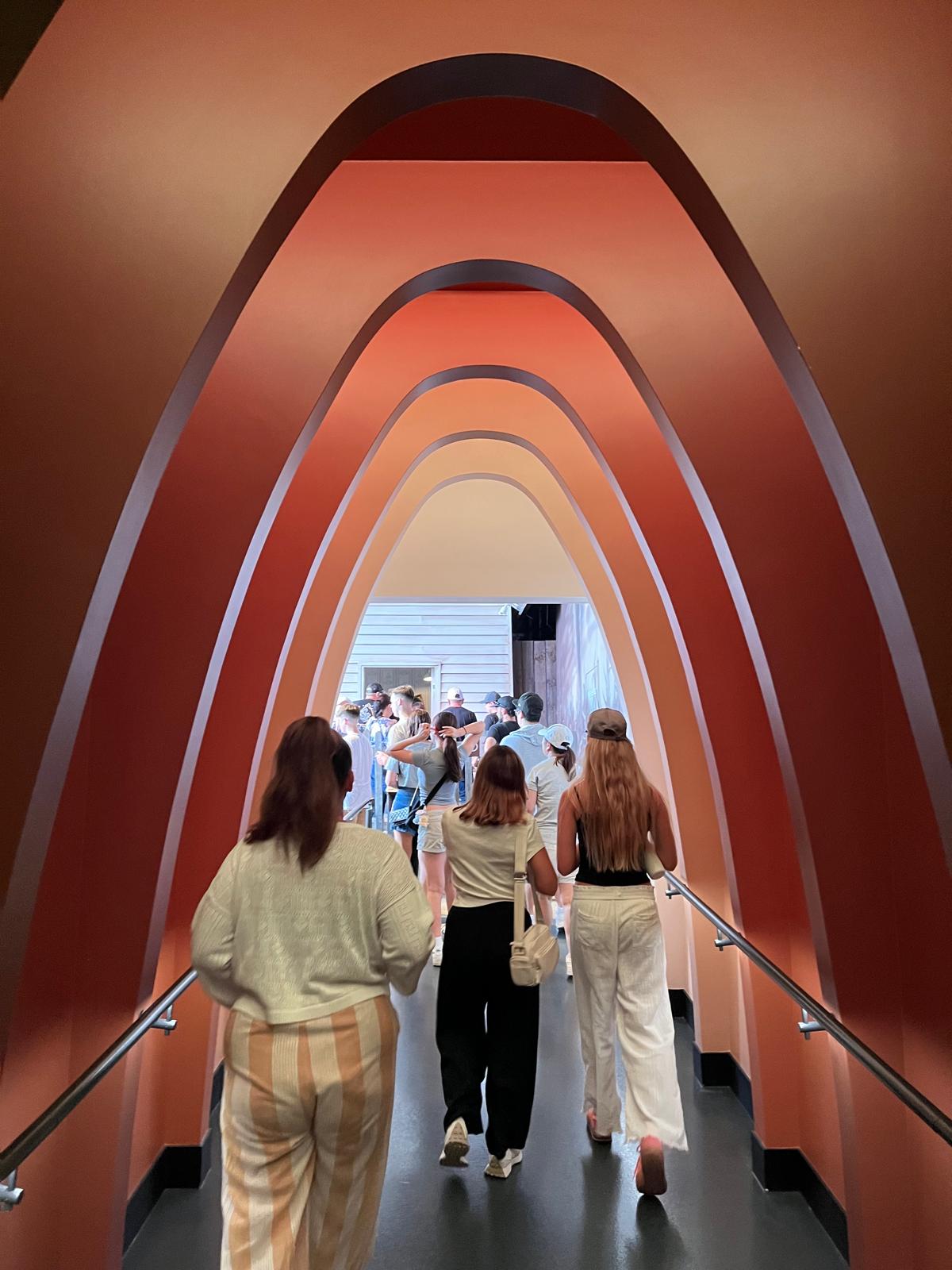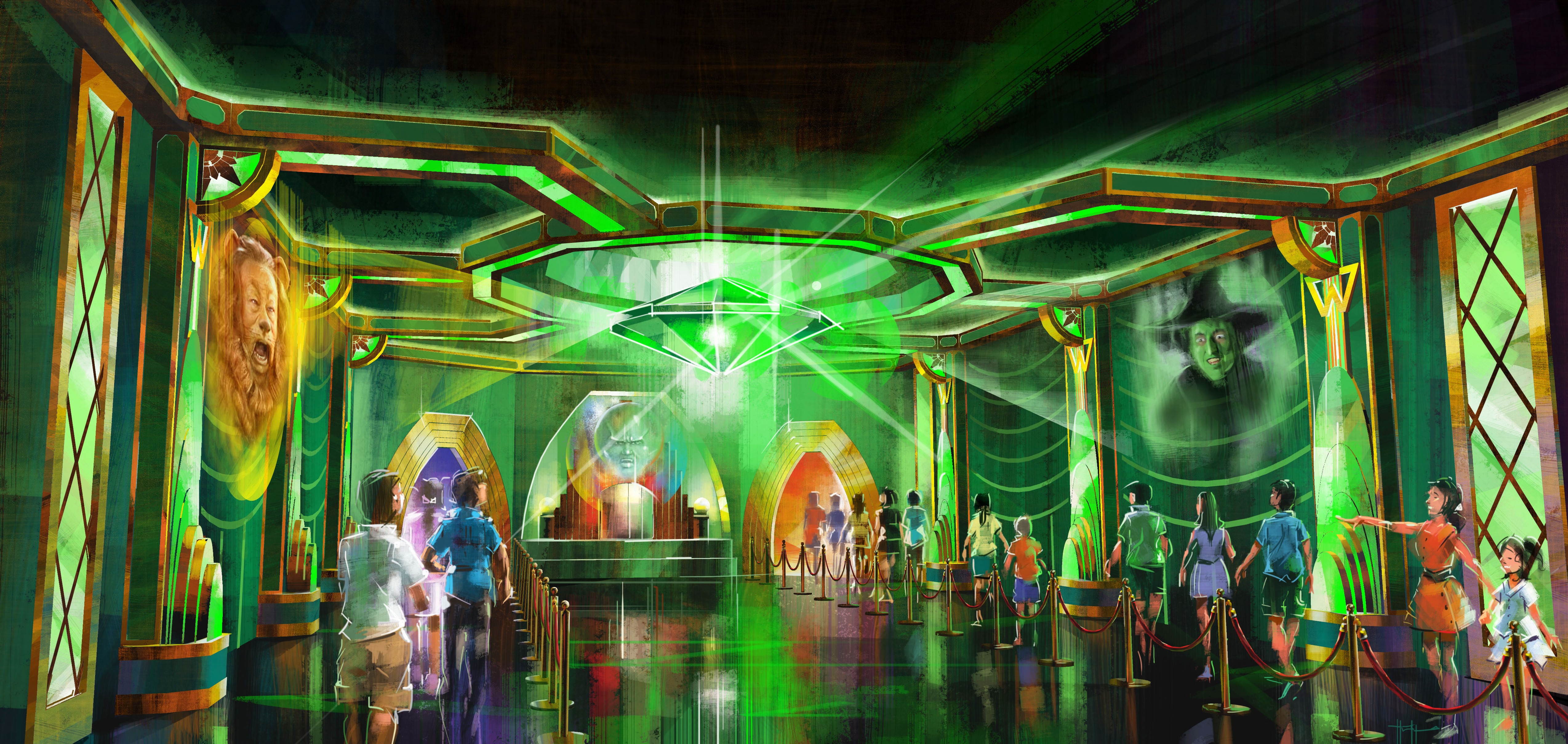Getting a job designing attractions
Right, time to write an article about my musings, and advice, for people thinking of working in the attractions industry. There's actually heaps of ways to get in, and plenty of opportunities if you have some skills to bring to the table.
For starters, how did I do it?
I can actually credit UK industry legend John Wardley for having some very sage advice on his personal website back in 2003-ish. In short the advice; study a relevant discipline for the aspect of the industry you want to work in, and get a job working at a theme park. That's more or less spot on.
Following this was a good challenge for me. I was still in secondary school and held onto the idea that I could too design theme parks, so if I were to do that it would require a bit of careful planning and effort. At the time Australia had a much smaller theme park industry (fortunately that's not the case for aspiring people today).
So got a place in the architecture school at the The University of Queensland I relocated myself from country Victoria to Brisbane, got a seasonal job at Village Roadshow Theme Parks. While I studied, I knocked on a few doors and stuck a few ideas under the noses of some of the management team. Eventually that was enough to get me working in the group project office with my mentors Chris and David a few days a week, which soon became a full time gig. And once you're in this industry, you kinda don't want to leave it!

But what did all this teach me? And what advice would I give to people wanting to design theme parks?
-There's plenty of opportunity in master planning and theming. I know a lot of people dream of designing roller coasters, and embark on mechanical engineering degrees to get there. But the broader process of an attraction requires so many disciplines. I work in a team that contains people that have studied 3D design, industrial design, drafting, A/V design, illustration/commercial art, and sculpture, and architecture. Several of these staff have also worked front line in theme parks.
-Personally I found architecture to be a great field of study for my specific industry interests. Architects are ultimately the integrators bringing together multiple disciplines to deliver a building, and you have to know a bit about everything to do this successfully. Well clearly, theme park attractions is integration dialled up to 11, with a lot more creative workload than any form of "normal" architecture. In my case, being a "jack of all trades" means being able to be deeply across the detail in many areas, which is very rewarding when you see the final product clicking together.
-There's a surprising number of job openings. And not everyone that applies is necessarily that interested in theme parks! Seriously, if you have an interest and some passion in this industry, you're already on the front foot, so go for it.
- You do need to have some skills at the end of the day. Like any industry, we want staff that are good at what they do. A relevant tertiary degree is a crucial starting point. Knowing a few software packages, or at least being able to learn new ones helps. What counts is having strong ideas and being able to represent them visually so that the team, with all its specialties, can pull it off. Learn as much as you can about the design of theme parks and best practices. Get on site as much as you can!
-An just on those skills. I see many creators that love building theme parks in games like Planet Coaster or No Limits. Why not have a crack at designing something in a real CAD package, or draw some of your own concept art for example instead? Now you can design something beyond what a game will let you!
-Finally, be prepared to move where your industry is. At the end of the day it still is a niche field, and jobs are in certain places, and sometimes in certain parts of the world if there's a boom happening. I believe there are plenty of untapped theme park markets, and all these places are gonna need designers.


.png)
.png)



.jpg)

